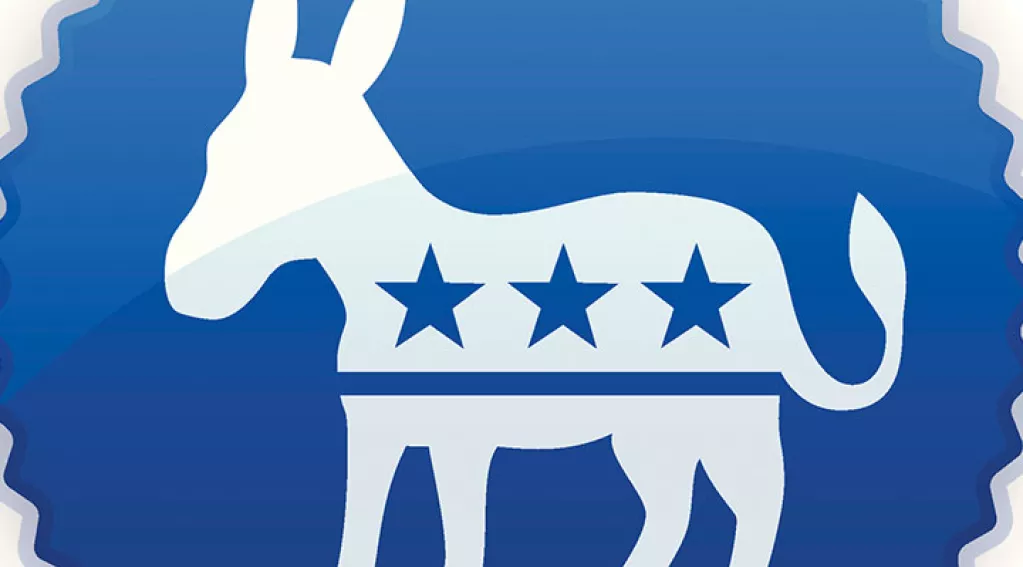The Democrats’ Positions on Immigration Are Starting to Worry a Lot of Democrats

The death of the so-called Gang of Eight bills in the House of Representatives in 2014 marks the point at which the Democratic establishment dropped any pretense of support for immigration enforcement. The last week in June 2019 will almost certainly mark the point at which the party’s leaders declared not only their unconcealed hostility to immigration enforcement but their rejection of the very notion that the United States should even have immigration laws.
The week began with Speaker Nancy Pelosi, the party’s highest-ranking elected federal official, declaring “A violation of status is not a reason for deportation. That’s just not so.” 8 U.S. Code Section 1325 says otherwise, but why let a little thing like a federal statute stand in the way of a political agenda? Pelosi went on to tout a House supplemental appropriation to deal with the humanitarian fallout from the border crisis, “We have legislation to go forward to address those needs,” and also stated clearly her view that anyone who makes it into the country, however, they got here, should be allowed to remain. “[I]n terms of interior enforcement, what is – what’s the point?”
But Pelosi’s musings were just the Democratic locomotive approaching the sharp curve at high speed. Just a few days later, the two dozen or so presidential contenders who hope to supplant her as the nation’s highest-ranking elected Democrat held their first debate over two nights. That’s where their positions on immigration really went off the rails in the opinion of some high-profile opinion columnists whose opinions tend to lean toward the Democrats’ worldview.
Andrew Sullivan, writing in New York Magazine, and Jeff Greenfield in Politico, were both left wondering whether the Democrats had lost all touch, not just with reality, but with voters outside of the bubble of the party’s increasingly radical base. “I suspect that the Democrats’ new position — everyone in the world can become an American if they walk over the border and never commit a crime — is political suicide,” wrote Sullivan. Similarly, Greenfield noted, “These candidates aren’t explicitly advocating open borders, but taken together, the policies advocated amount to almost the same thing.” And not just advocating for open borders, observed Greenfield, but also all manner of “’ free stuff’ to millions of people who broke the law to get here in the first place.”
Former Housing and Urban Development (HUD) secretary, Julian Castro, who apparently is familiar with Section 1325 openly called for its repeal. He also conceded that many of the people who are now violating Section 1325 are really economic migrants. “A lot of folks that are coming are not seeking asylum — a lot of them are undocumented immigrants,” who should be allowed to remain here anyway, Castro said.
While there was some disagreement among the presidential wannabes about whether we should care if people cross our borders without permission, there was none when it came to the question of what expensive benefit programs illegal aliens should be entitled to. All. When the debate moderator asked the candidates on stage if they agreed with South Bend, Indiana, Mayor Pete Buttigieg’s suggestion that illegal aliens be made eligible for federal health insurance benefits, every hand went up. The cost of such a plan? Apparently, it would be crass to even calculate the cost of allowing everyone who shows up here to exercise their “right” to health care at the American taxpayer’s expense.
Whether last week’s assertions by the Democratic leadership amounted to “political suicide,” as Sullivan suggests, will be determined by the voters in 16 months. What is clear is that the week was a definitive turning point. As Greenfield concludes, “Right now, it seems clear that if either of the past two Democratic presidents had shown up Thursday and advocated their positions from five or 20 years ago—the ones that helped them win a general election—they would have been booed off their own party’s stage.”

